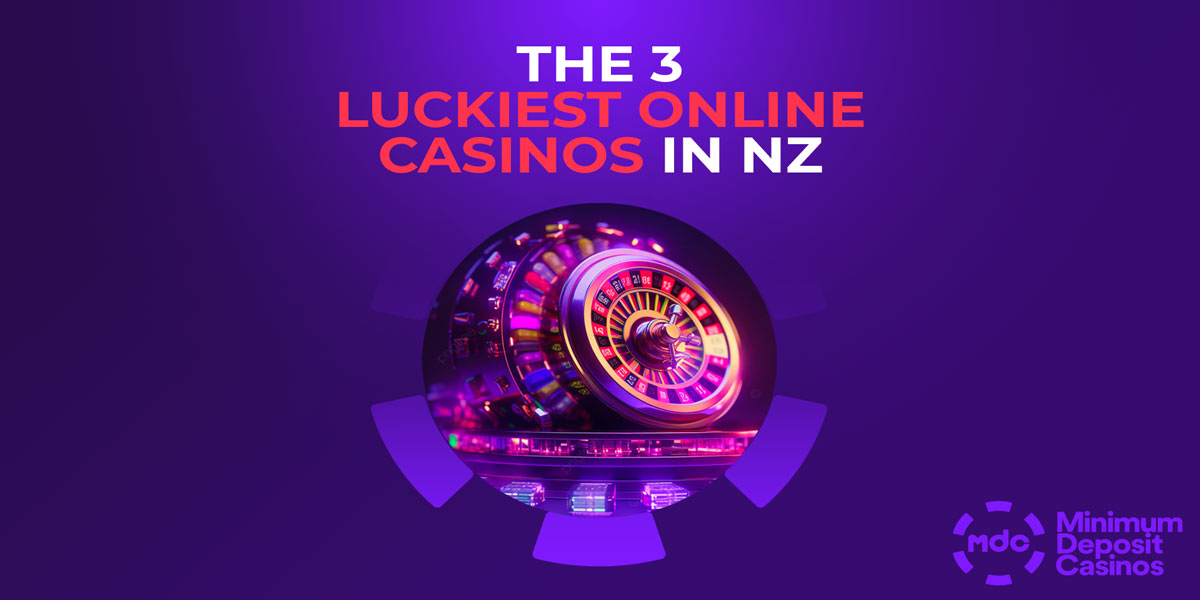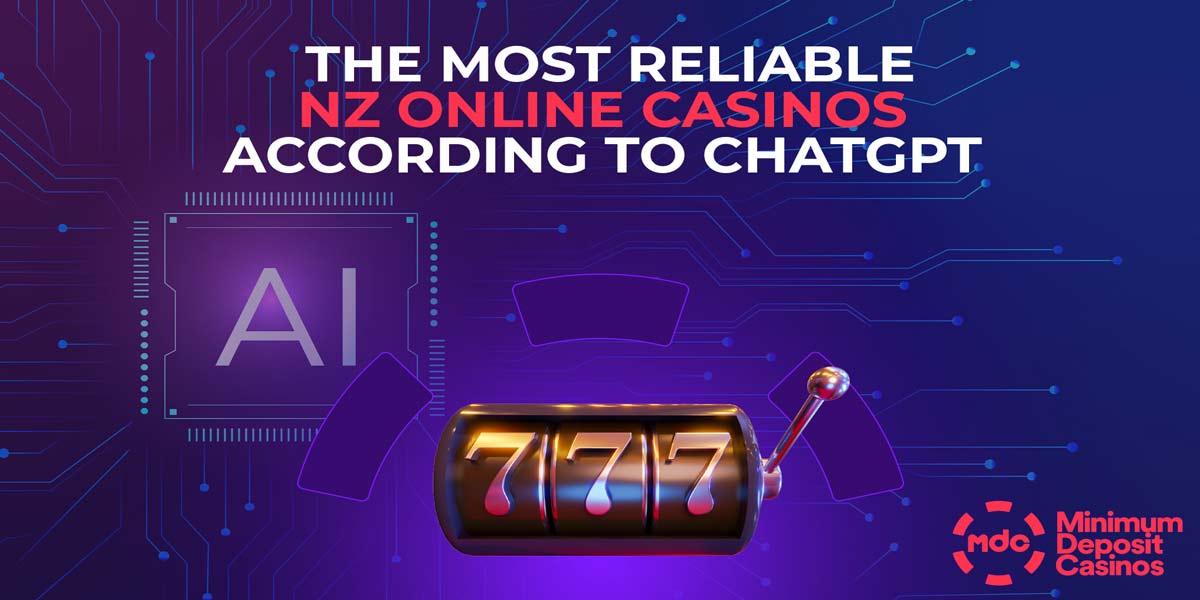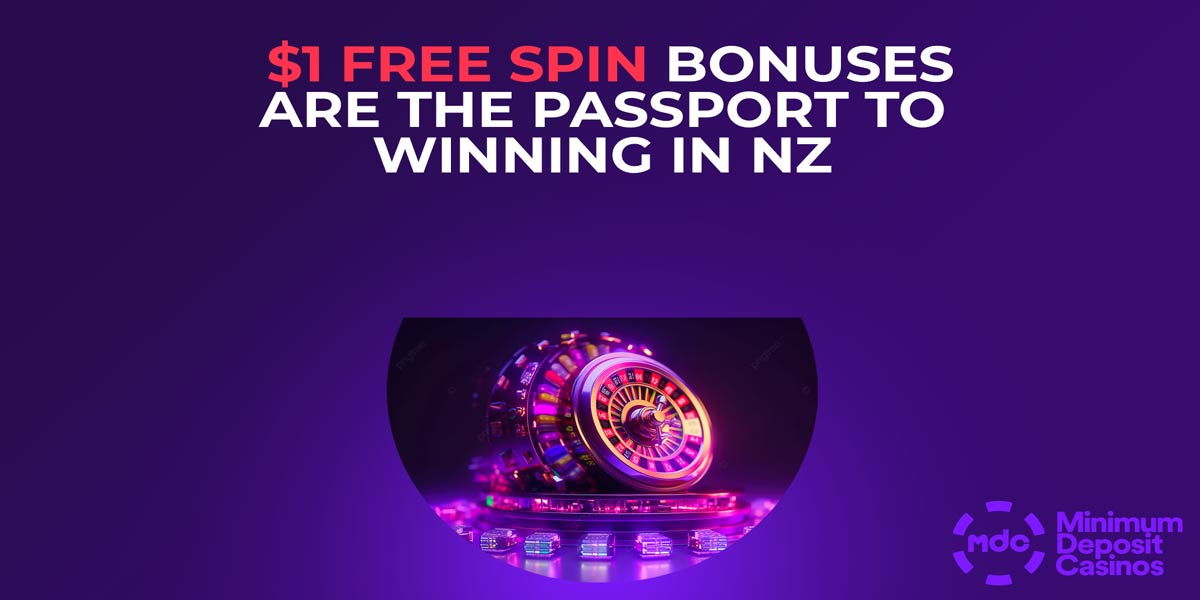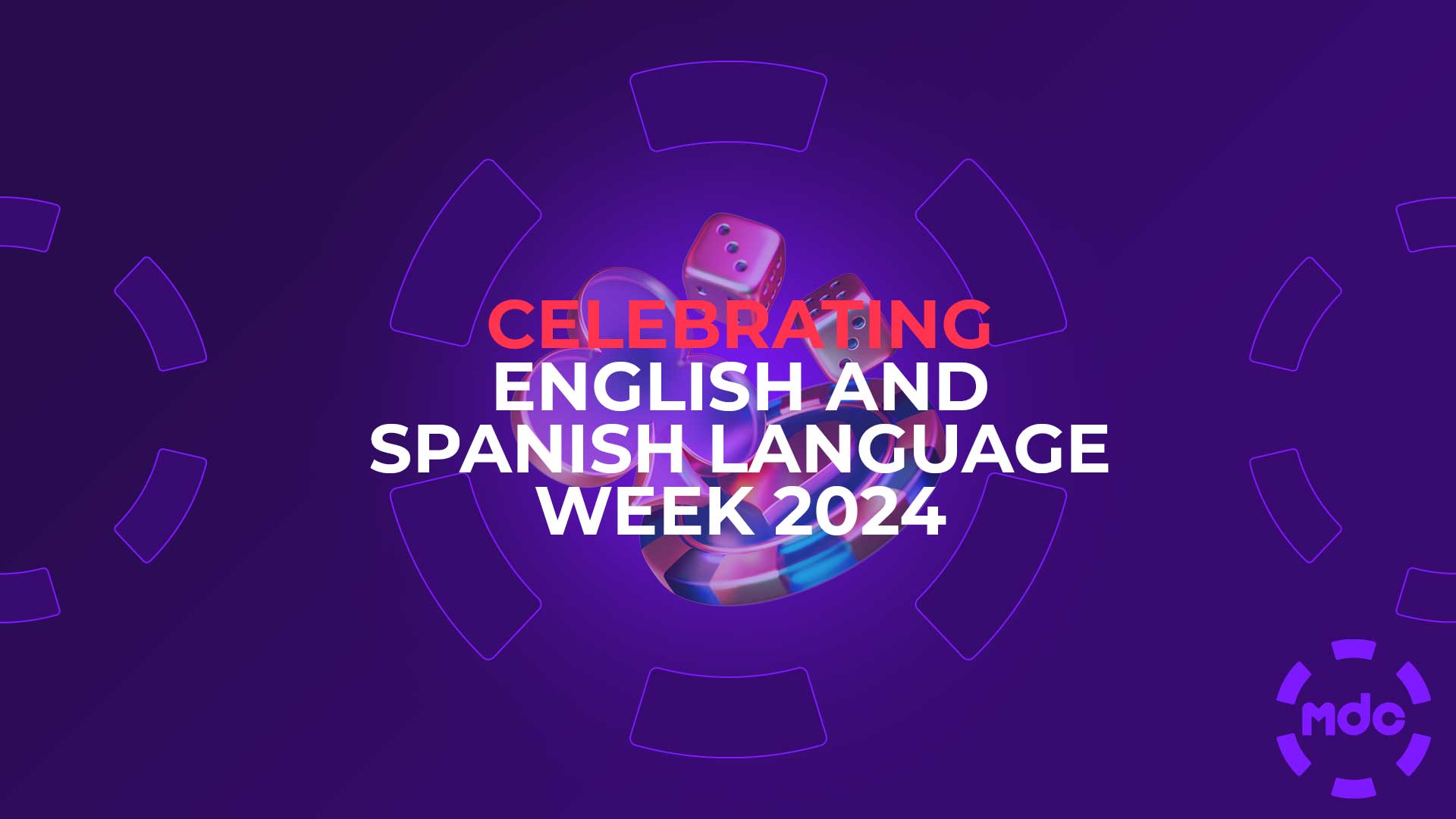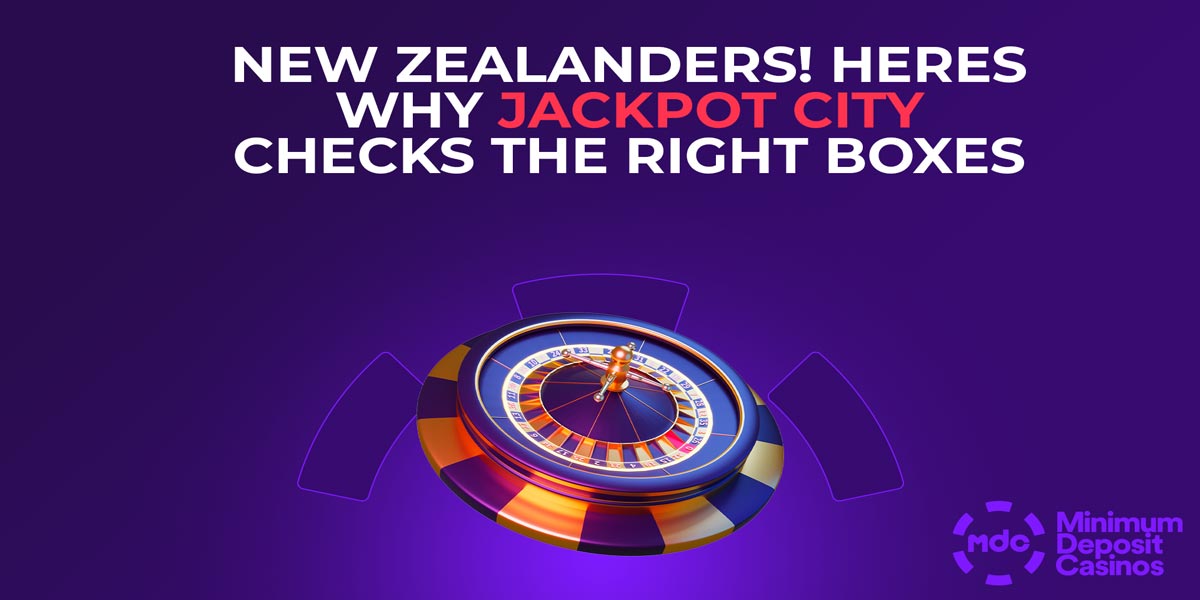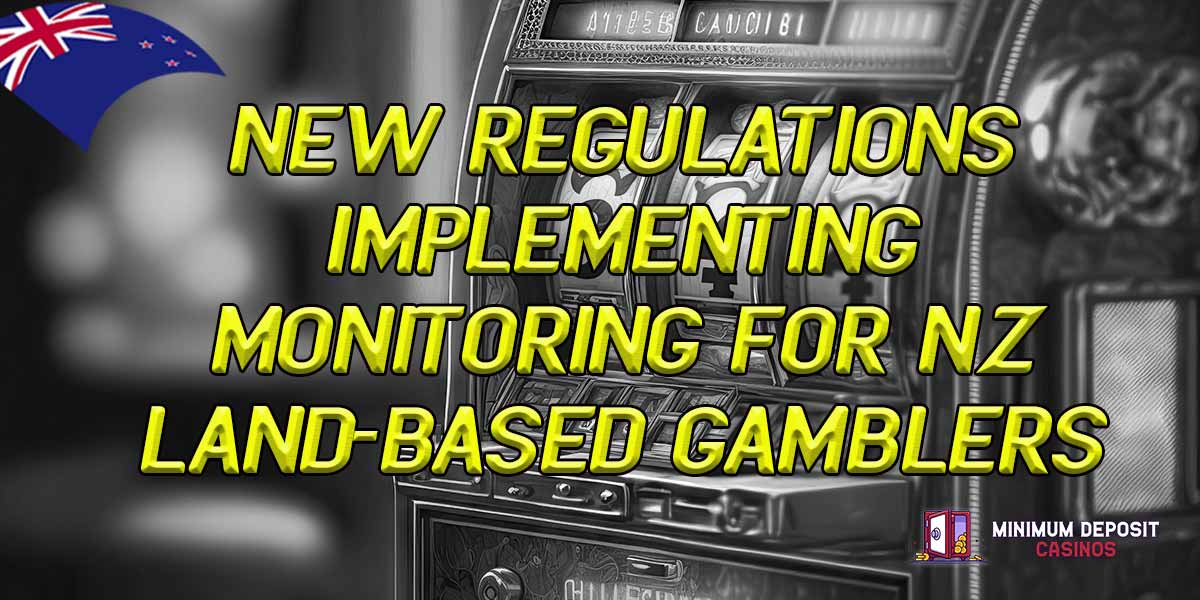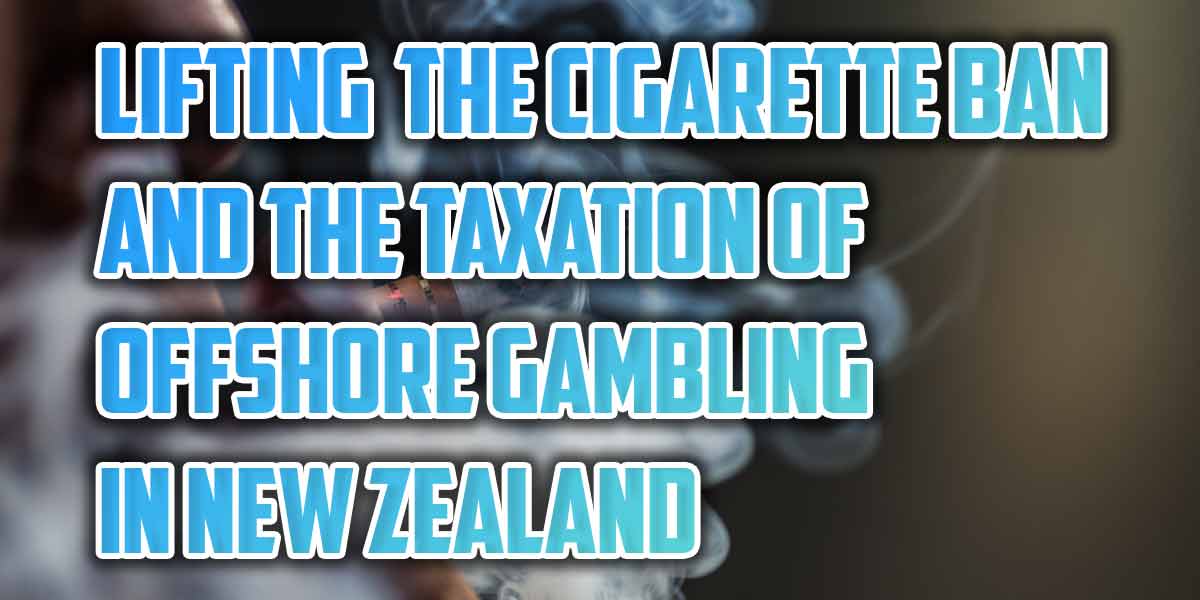

New NZ govt scraps smoking ban, wants to tax online gambling
If you thought the National Party was striking down offshore online gambling to protect its people and minimise addiction, you’re likely to question that moral standing now. The new government body recently announced its plan to roll back New Zealand’s world-leading smoking ban that safeguards future generations against the deadly consequences of cigarettes.
NZ online casinos and tobacco have something in common that the National Party wants: tax money. By ending the prohibition of tobacco products for those born after 2008, the government will be able to profit from a revival of the tobacco industry, which will fund their tax plan.
In 2011, New Zealand ambitiously aimed to reduce its cigarette smoking rate to just 5% by 2025, setting one of the boldest public health goals globally. After years of work, experimental legislation has set limits on the amount of nicotine allowed in cigarettes (making them less addictive) and narrowed down the number of retailers allowed to sell cigarettes by 90%.
Finally, a bill was passed banning the next generations, or anyone currently under 14, from ever buying cigarettes within New Zealand, creating an ever-rising minimum age for purchasing tobacco. Health bureaus around the world hailed such a daring and unprecedented move for social progress and welfare ‒ so much so that the U.K. is planning to follow suit.
The scheduled legislation, set for implementation by July 2024, proposed stringent measures with severe penalties for any breaches. Among these measures were fines that could reach up to NZ$150,000, emphasising a strong deterrent for non-compliance.
But, that was during the reign of Labour. Less than a year after officially passing the bill, it’s been reversed by National in an effort to provide funding for tax cuts to New Zealand’s struggling middle class. Such a drastic move has left public health officials and anti-tobacco groups enraged.
To soften the blow, Prime Minister Christopher Luxon highlighted the ongoing decline in smoking rates within the country and reaffirmed his steadfast dedication to curbing tobacco usage. The Prime Minister told Radio New Zealand, “Smoking rates have come down under successive governments, and they’ll continue to come down under our government.”
Health Coalition Aotearoa (HCA), an anti-smoking group, made a poignant statement to the news, saying, “This is a major loss for public health, and a huge win for the tobacco industry whose profits will be boosted at the expense of Kiwi lives.”
They went further to place accountability on the government and its part in a healthier New Zealand, “Turning the tide on harmful products that are entrenched in society cannot be done by individuals or even communities. It takes good – and brave – population-level policies.”
Unpacking the leading National Party’s plan for taxing offshore online gambling
A rising cost of living has caused many Kiwis to struggle for daily necessities, so it makes sense to implement an income tax plan that may relieve some of that pressure. But when it comes to tobacco laws, many health professionals are questioning: at what cost?
In an ABC News interview, Dr Sarah Jackson from University College London’s Tobacco and Alcohol Research Group described the reversal as a “short-sided measure” and that the effort to provide tax cuts now would quickly be offset by the rise in healthcare costs due to smoking.
Nonetheless, National’s tax plan promises noteworthy reductions in conjunction with the FamilyBoost tax rebate policy. For example, a family earning $120,000 annually with dependent children would gain an extra $250 bi-weekly. Households without children would secure an additional $100 every fortnight.
Conversely, individuals on lower incomes would experience more modest increments. For instance, someone earning $60,000 yearly would retain an extra $50 bi-weekly. Similarly, a full-time worker at minimum wage would see a $20 increase in their bi-weekly earnings, while a couple reliant on superannuation would enjoy a $26 fortnightly boost.
As mentioned, rolling back these anti-smoking initiatives has a similar end goal as closing New Zealand’s gambling loophole. The government will track both established and new online casinos in NZ that operate offshore, which was announced in National’s Back Pocket Boost.
The policy targets high-ticket sectors and directs those funds toward what they call “the squeezed middle”. To fund this relief effort, NZ’s online casinos will take the hit along with three other measures, including a foreign buyer tax on multi-million dollar houses, a new user-pays levy for immigrant visas, and ending the commercial building depreciation tax break.
Currently, foreign online casinos are allowed to operate in New Zealand with zero repercussions. National proposes that these casinos, which are registered outside the country, would have to pay a 15% tax to keep doing business in NZ. These changes would mean that even NZ’s best online casino options would have to cease operations unless they pay their dues to the government.
A regulatory regime is currently in the works, which will utilise an IP geo-blocking system. This technology creates a way for the government to automatically decipher the location of online casinos and block players from using the site if the gambling operator hasn’t registered for taxes in New Zealand.
New online casinos in NZ may very well have more hoops to jump through to stunt the growing “tax loophole” if National’s plan succeeds. Furthermore, top paying NZ casinos will have to consider the expensive price tag attached to the New Zealand market.
Kiwi players in all provinces of the country may notice less variety, with the sphere of NZ online casinos growing smaller after the hike in government fees. However, some may find that a fair trade while paying less income tax and receiving tax credits.
Despite its relatively recent presence in New Zealand, the online gambling market has swiftly expanded and is now estimated to be nearing NZ$200 billion, reflecting its massive and rapid growth. While certain companies willingly adhere to governmental requests, establishing a comprehensive regulatory framework poses a significant challenge.
National hopes that closing this tax loophole on such a large (and growing) industry will provide a considerable chunk of change. If we’re looking at numbers, they aim to create nearly $180 million in revenue through offshore online gambling taxes to help pay for its $14.6 billion fiscal policy.
Data of online gambling in NZ
New Zealand has witnessed a surge in online gambling, with a growing number of Kiwis turning to iGaming instead of local casinos and pokies. It makes sense, as NZ online casinos are generally considered safe, inexpensive, and low-risk. Plus, you can play from the comfort of your own home ‒ or anywhere, really.
According to Statista market data, projections for the online gambling industry indicate a steady upward trajectory in revenue, with an expected annual growth rate of 7.12% (Compound Annual Growth Rate 2023-2028). This progression is set to propel the market volume to an estimated 2.29 billion by 2028.
Furthermore, it’s expected that around 590,900 people will be using online gambling services in New Zealand by 2028. This means a lot more folks will likely start using these platforms in the coming years ‒ as long as the new government restrictions don’t severely alter the future of online casinos.
But, seeing as around 80% of Kiwis gamble in one way or another, it’s more likely that the forecasted changes will affect offshore casino companies more than the players. If New Zealanders can no longer use their favourite top paying online casino in NZ, they’ll have options to get their fix elsewhere.
It’s also important to see the counter effects of such a strong gambling culture. For example, in 2018, roughly 76,000 New Zealanders aged 15 and above faced moderate to high risks associated with gambling. And as previously discussed in this article, New Zealand’s low-income and middle-class communities are already struggling financially.
What to expect in 2024
While announcing the new tax relief policy that will affect offshore online gambling, PM Chris Luxon said: “This plan confirms that a National government can do what we’ve said all along that we will do, which is to put money in the back pockets of New Zealanders as part of a prudent, fully funded and balanced tax plan.”
“As well as providing tax relief, we are going to tackle the underlying drivers of inflation and we are going to bring it down, and lower inflation will almost certainly mean lower interest rates, and quite simply, New Zealanders will be better off with a National government.”
So, when should Kiwis expect these transformational policies to occur? National’s Financial Advisor, Nicola Willis, says, “In terms of the timing for these changes, the full relief will be available from 1 July next year. The WFF [Working for Families] changes will be available a little earlier, on 1 April next year.”
As far as the restrictions for NZ online casino enterprises, we should expect a regulatory regime to go forward in 2024. Although there are doubts as to how much gambling revenue will actually contribute to income tax relief, the government has identified that there is a tax loophole that needs to be addressed to ensure offshore casinos are paying their fair share.
Not many New Zealanders can argue that there’s a clear tax loophole that, if fixed, would mean gamblers would not just be losing money to foreign companies outright. Instead, the choice to gamble online would contribute to a circular economy within the country’s borders and be a benefactor in alleviating the high cost of living for Kiwis.
When it comes to lifting the countrywide smoking ban? Well, we can’t speak on the detriment of that just yet. But it seems quite clear that boosting the economy is the National Party’s first priority, even if the welfare of smokers and offshore casino companies will suffer as a consequence.

